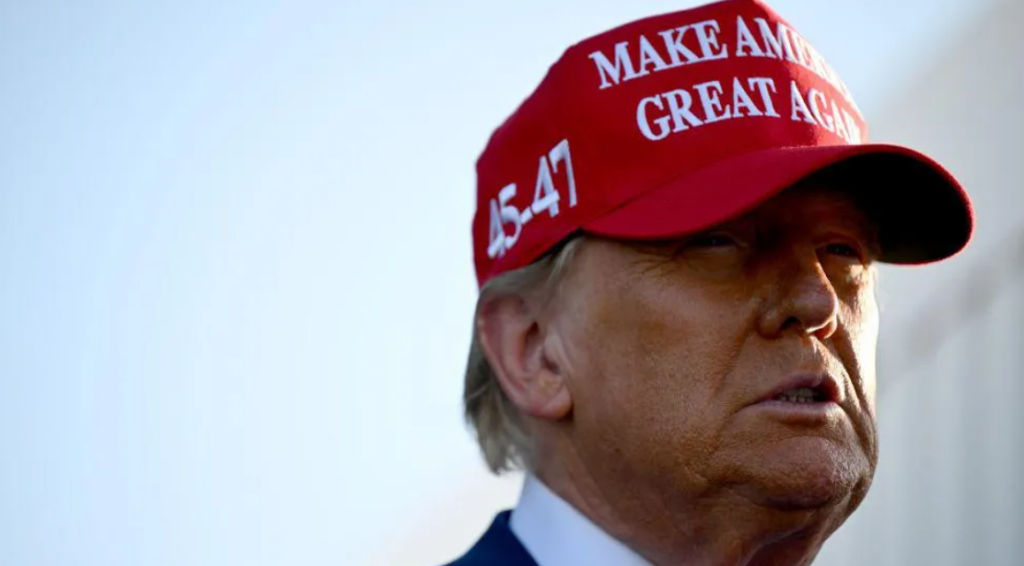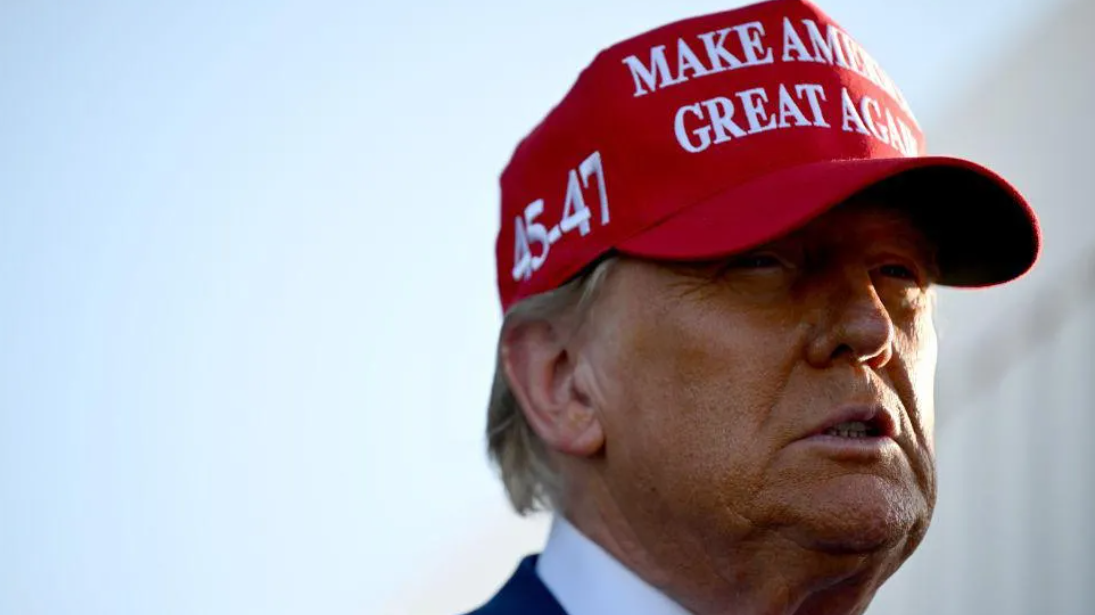Republican Donald Trump has been elected as the next US president after defeating Democrat Kamala Harris in the November election.
This marks Trump’s return to the presidency, having previously served from 2017 to 2021.
Is Donald Trump President Yet?
Not yet. Donald Trump is currently the president-elect, and his running mate, JD Vance, is the vice president-elect.
Trump will officially assume office during the presidential inauguration on Monday, January 20, 2025.
What Have Trump and Vance Done Since Winning the Election?
Donald Trump met with outgoing President Joe Biden at the White House to symbolize the peaceful transfer of power.
He has also engaged with global leaders, including Canadian Prime Minister Justin Trudeau, UK Prime Minister Sir Keir Starmer, and Ukrainian President Volodymyr Zelensky.
At his Florida resort, Mar-a-Lago, Trump hosted influential business figures such as Amazon founder Jeff Bezos, Meta CEO Mark Zuckerberg, OpenAI’s Sam Altman, TikTok’s Shou Zi Chew, and Apple’s Tim Cook.
In preparation for the inauguration, Trump and his team have received classified national security briefings on current threats and ongoing military operations.
Additionally, the president-elect has nominated over two dozen individuals for key positions, some of which have sparked controversy.

Controversial Cabinet Nominations by Trump
Trump has nominated Fox News presenter and military veteran Pete Hegseth as defense secretary. However, questions about his qualifications have arisen, along with resurfaced allegations of past sexual misconduct, which Hegseth denies.
For health secretary, Trump selected Robert F. Kennedy Jr., who is known for promoting widely debunked claims about vaccine safety.
Pam Bondi, a longtime ally of Trump, has been nominated for attorney general. This follows the withdrawal of his initial pick, former Congressman Matt Gaetz, who faced intense scrutiny over allegations—denied by Gaetz—related to drugs, bribes, and sexual misconduct.
All cabinet nominations must be approved by the US Senate before confirmation.

Key Appointments Announced by Trump
Billionaire Elon Musk will lead the newly-formed Department of Government Efficiency (DOGE) alongside former Republican presidential candidate Vivek Ramaswamy. Their mission is to reduce spending and eliminate waste. DOGE will serve as an advisory body rather than an official government department, with Musk and Ramaswamy volunteering as external advisors.
Trump has also nominated family connections for key roles. Massad Boulos, his daughter Tiffany’s father-in-law, will advise on Arab and Middle Eastern affairs, while Charles Kushner, Ivanka’s father-in-law, has been nominated as ambassador to France.
For the UK, Trump selected businessman Warren Stephens as ambassador. Additionally, Mark Burnett, producer of The Apprentice, has been appointed as Trump’s special envoy to the UK.
What Happens Between Election Day and the Inauguration?
After all valid votes are counted, the election outcome is officially determined by the Electoral College.
Each state has a set number of electoral votes, and the presidency is won by securing a majority of these votes—not just the popular vote. Typically, electoral votes are awarded to the candidate who wins the popular vote in each state.
On December 17, state electors met across the country, confirming Donald Trump’s victory with 312 Electoral College votes to Kamala Harris’ 226, surpassing the required 270 threshold.
The new US Congress will convene on January 6 to ratify these results and officially confirm the next president. Outgoing Vice President Kamala Harris will oversee the process.
This same Congressional meeting faced disruption in 2021, when Trump supporters stormed the Capitol after he refused to concede to Joe Biden.
Trump will officially take office on January 20 during the inauguration ceremony at the Capitol. He will be sworn in, take the oath of office, and deliver his inaugural address.
While Trump skipped Biden’s inauguration in 2021, the White House has confirmed that Biden will attend Trump’s swearing-in this time.
Can Donald Trump Serve a Third Term as President?
No, the 22nd Amendment of the US Constitution prohibits anyone from serving as president for more than two terms, even if those terms are non-consecutive, as in Trump’s case.
While the amendment doesn’t explicitly prevent a former president from serving as vice president in a future administration, constitutional experts agree that such a scenario is highly unlikely.


